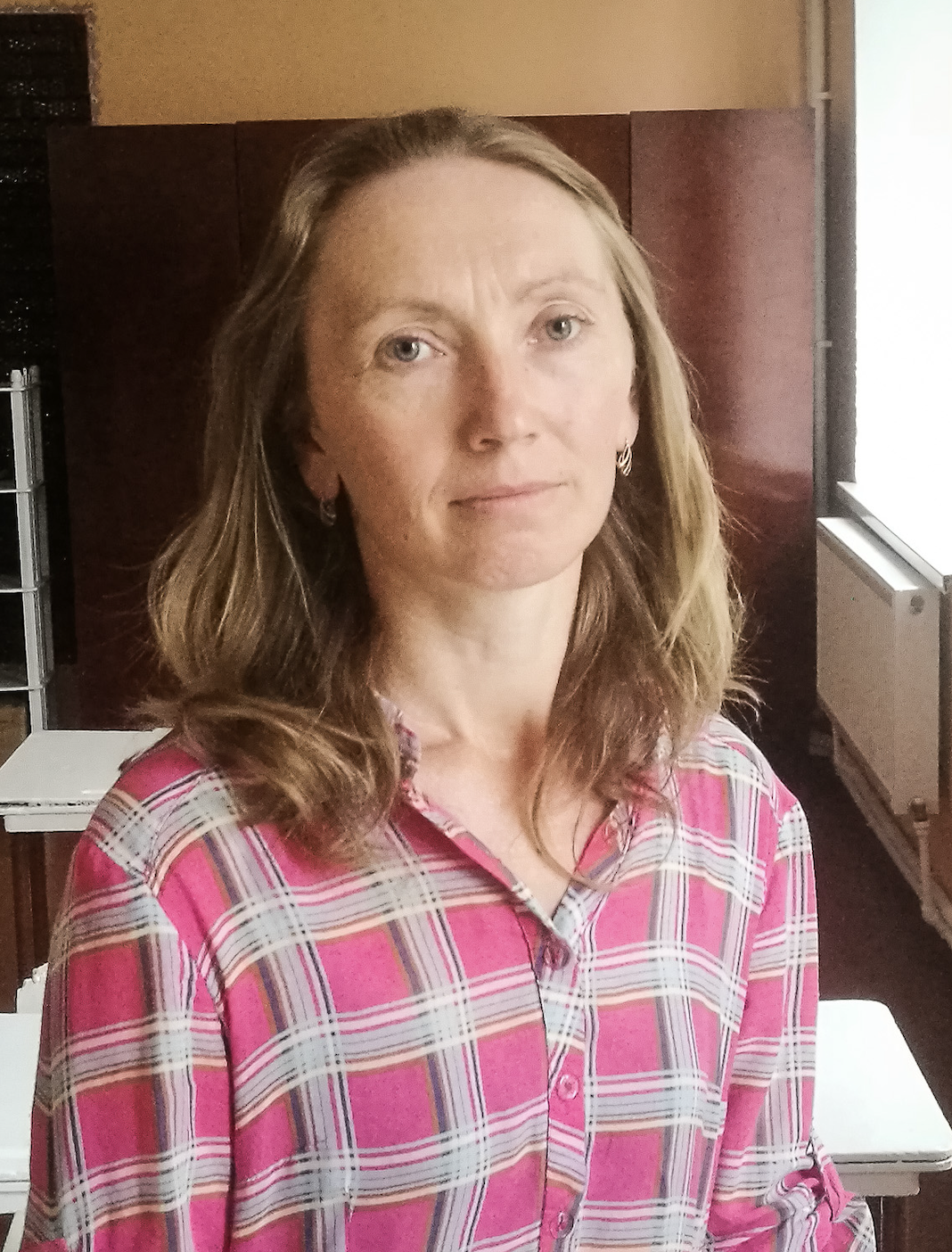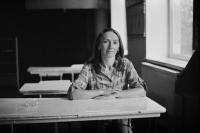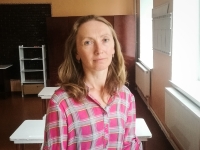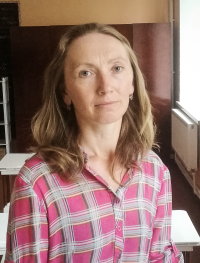As long as there is a Czech school, there will be Czech culture

Download image
Antonina Donea is a member of the Czech minority in the village of Holuboje in southern Moldova. She was born on 5 May 1984 in Holuboje in the former Soviet Union. Her parents, Anna, née Loudová, and Josef Lněnička, worked in the local kolkhoz, her mother in the personnel department and her father as a blacksmith and welder. The family experienced Stalinist persecution in the 1940s, and one of their ancestors, Václav Karásek, was deported to the Altai as a “kulak” in the 1940s. Czech traditions were maintained in the family mainly through grandmother Loudová. They spoke Czech at home, and Antonina was educated in Russian at school. As a seven-year-old girl, she experienced the collapse of the Soviet Union. In the following period, the kolkhoz collapsed, and her parents lost their jobs; her mother started working on the vineyard. The war in Transnistria hit the country, and one of the teachers at the school Antonina attended was killed in the war. The children at the school also had a difficult time having to sit in their coats in the class with no heating. After finishing primary school, Antonina first trained as a clothing designer, but the monotonous work of a seamstress in a factory did not satisfy her. So she continued her studies and obtained a law and teaching degree. Now she works as a teacher at the Jaroslav Hašek Primary School in Holuboje. At the same time, she and her husband cultivate the family vineyard. Antonina Donea realises that the Czech school is currently the only institution in Holuboje that can preserve the Czech language and Czech traditions for future generations. However, she is resigned to the fact that her children will leave the region in the future for a better future.


